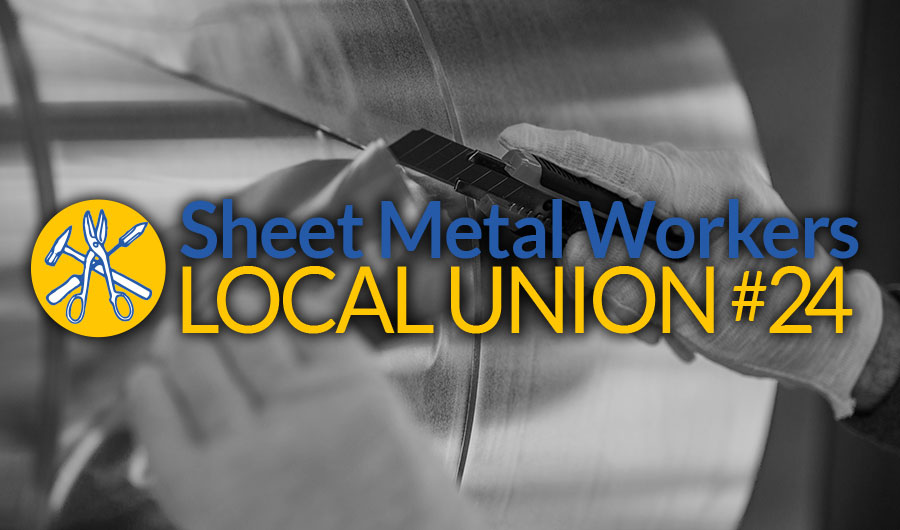Public support for unions has hit its highest point since 1965, according to the Gallup Organization’s annual poll, as respondents approve of unions by a 71 percent to 26 percent margin, with the rest undecided.
That ties the 1965 figure of 71 percent support, Gallup reported, adding that 19 percent of the public opposed unions that same year, with the rest undecided. The poll started in 1936, with the highest union support recorded at 75 percent a few times in the 1950s.
AFL-CIO President Liz Shuler lauded the results, which she said reflect the facts on the ground, where there is increased enthusiasm and organizing. That has been especially true among low-wage exploited workers.
“After a year of victorious strikes, record union election filings and relentless efforts from corporate billionaires to silence workers, today comes as no surprise
Working people recognize the need for a collective voice — and it shows. We are stronger in a union,” Shuler said.
The 71 percent support, plus or minus a percentage point or two, held across the board among men, women and by race. The variations came in party preference. Democrats supported unions by an 89 percent to 10 percent margin, while Republicans were at 58 percent to 42 percent. Independents were close to the overall figures (68 percent to 28 percent).
The high support comes despite low union density. Gallup reported that 16 percent of respondents were either union members (6 percent) or had a family member in a union (7 percent) or both (3 percent).
Gallup’s surveyors called 1,006 people by phone and the top-line 71 percent support figure is subject to a 4 percent margin of error.
Better pay and benefits were the top reason (65 percent) unionists gave for joining up, followed by worker rights and representation (57 percent), job security (42 percent), better pensions and retirement benefits (34 percent), a better work environment (25 percent), fairness and equality at work (23 percent) and health and safety protections (9 percent).
There was one warning flag for union organizers, but not in the top-line union approval poll: Some 58 percent of the un-organized respondents indicated they do not want to be in a union. That figure conflicts with other surveys the AFL-CIO has cited in the past. By contrast, in this survey, only one of every nine of those unorganized workers told surveyors they are “extremely interested” in joining a union.

